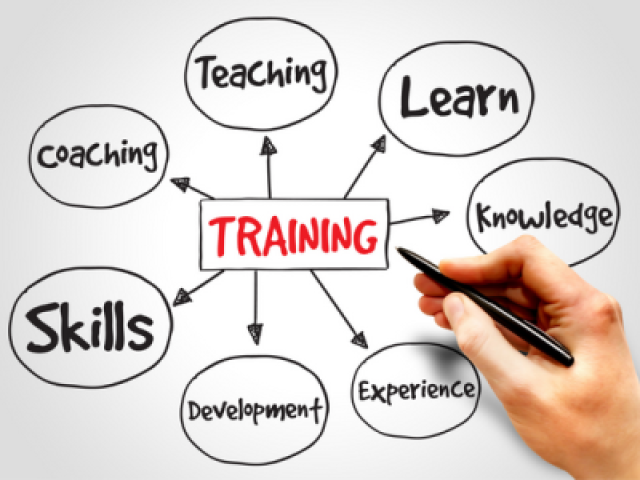We‘ve all heard the old sales adage “people buy from people they like”, and it's true - when you develop a strong relationship with a buyer:
you have more influence over their buying decisions.
the buyer respects your experience and advice.
the buyer is more likely to value your contribution to the decision process, and,
there is a greater chance of the buyer becoming a “long-term” customer.
Build a strong relationship with your buyer in 4 simple steps:
1. Develop rapport
One of the most effective methods for building supplier and buyer relationships is building rapport. Having a good rapport allows for smooth communication because it allows people to be at ease.
Sometimes rapport is natural, and you might hit it off with someone as soon as you meet them and other times, you must be more deliberate in building rapport with someone.
Four key ways to help you develop rapport with your buyers are: mirroring and matching, empathy, sharing common experiences, and active listening:
Mirroring and matching your buyer
Mirroring and matching are based on the powerful concept that, at a subconscious level, people like people who are like themselves. Conversely, it’s harder to build relationships with people who are not similar.
To send a positive subconscious message that you're paying attention to what your buyer is saying, mirror their body language; if they have their arms or legs crossed – do the same and match the pace and volume of their speech.
Empathy
You can be empathetic by allowing the buyer the opportunity to talk about themselves and their problems before talking about your solution. Listen and echo the areas of most concern back to them and validate their interests or concerns.
Sharing common experiences with your buyer
People feel a greater connection to another person if they share some common experiences with that person, that’s why when we first meet someone, we usually talk about the weather, sports, or current affairs.
Before meeting with your buyer, do your research – read their social media posts, and focus on areas in which you and the buyer have something in common such as career history, education, etc.
Active listening
Most of us think that we are good listeners, but research suggests that we only remember 25% to 50% of what we hear.
Active listening (as opposed to passive listening) means that you're suspending your thoughts to focus fully on understanding what you hear. Active listening makes the buyer feel important and respected and helps prevent misunderstandings.
Focus 100% on listening, make eye contact, and face the buyer. Ask questions and listen to the answers. Do not interrupt and eliminate environmental distractions e.g. by setting your mobile to silent and ignoring texts.
2. Build trust with your buyer
A buyer won’t buy from you unless he or she trusts you. Trust is a basic building block to any supplier and buyer relationship and when the buyer trusts you, they believe your promises, they take your advice and they’re more likely to give you referrals.
The following four behaviours are key to building trust in sales.
Reliability - To become a more reliable person, keep your promises, don’t overpromise, and manage expectations. This also means letting people know as soon as possible if you won’t be able to make a deadline.
Honesty - Acting in an honest, ethical manner, such as turning down business where your product isn’t a good fit for the buyer, builds trust with the buyer by communicating that you're ‘on their side’.
Responsiveness - In today’s world of instant communication, it’s never been easier to answer, reply, or acknowledge a request, so respond in a timely manner and on the same day if possible.
Objectivity - The buyer will notice when you consider the other side of an issue, eg. In a sales situation, acknowledge the merits of a competitor’s product when appropriate but be sure to point out the merits of your product too.
3. Demonstrate expertise
By demonstrating expertise, you increase the buyer’s confidence in you and your product. Do this by discussing your unique knowledge about your product at every opportunity.
4. Expand your influence in the organisation
A common sales challenge is not being able to get direct access to the ultimate decision maker, or you've been working on an account, but the real decision-making process is still unknown.
A multi-level selling situation tends to arise when a decision-maker is unwilling or unable to decide without the input of others. For example, the decision-maker wants to share the risk of making the decision-making by delegating some power to others in the organisation.
The challenge in any of these situations is that you may never know how the decision is being made or who is making it. So, in a multi-level selling situation, the best way of increasing your odds of success is to sell to ALL the decision-makers and influencers, including proactively building relationships at all levels throughout the account.
Associated Independent Stores Membership
AIS is one of the leading buying groups in the UK with members' collative retail sales of £1.5 billion. We use our buying power, expertise, and exclusive products to help our members thrive.
Thinking of joining? Become a member today and join the leading buying group for Fashion, Home, and Leisure in the UK and Ireland.



